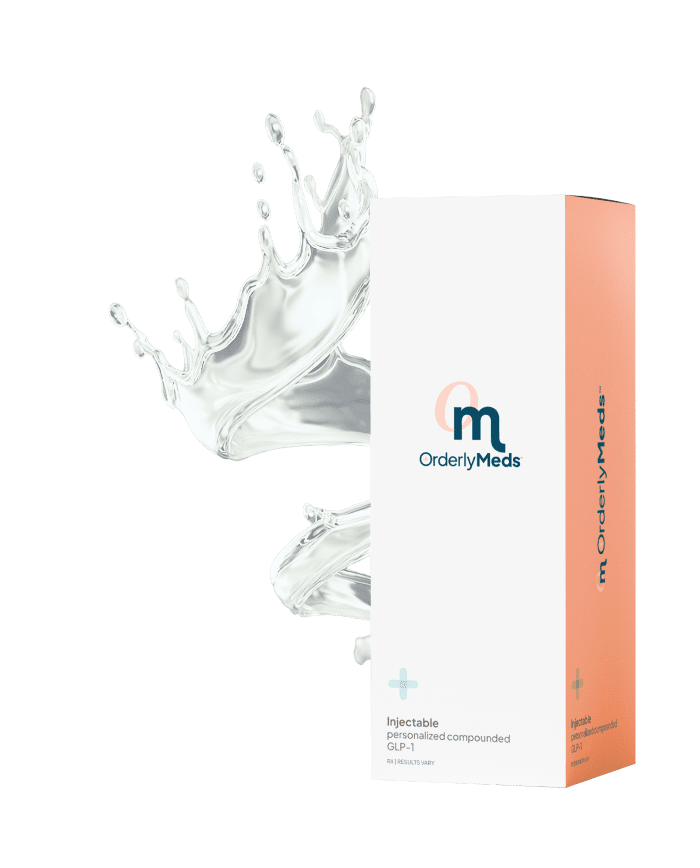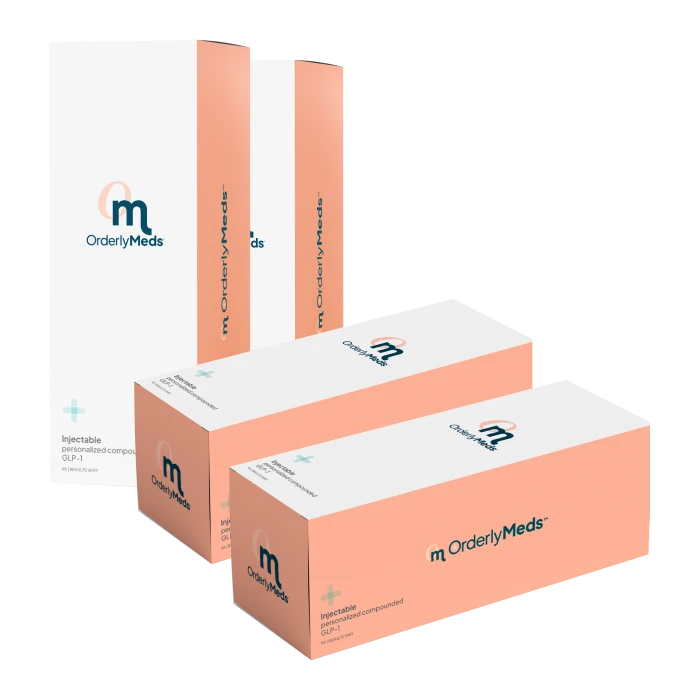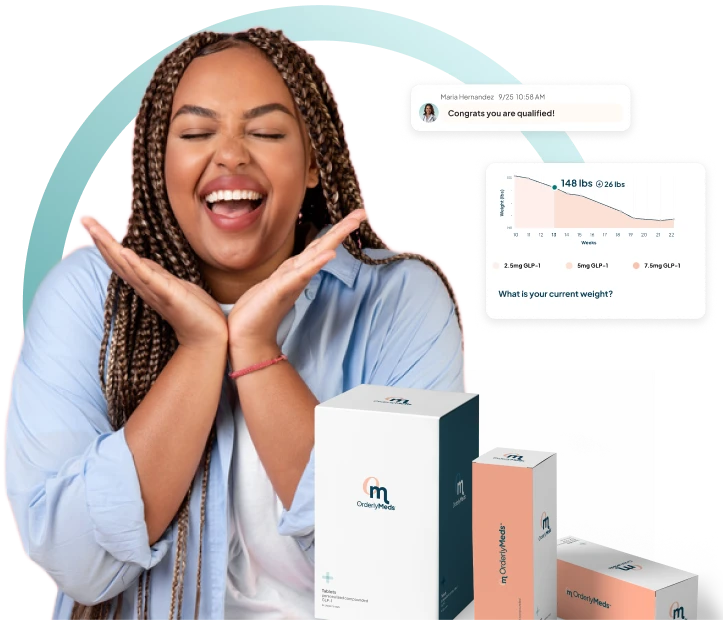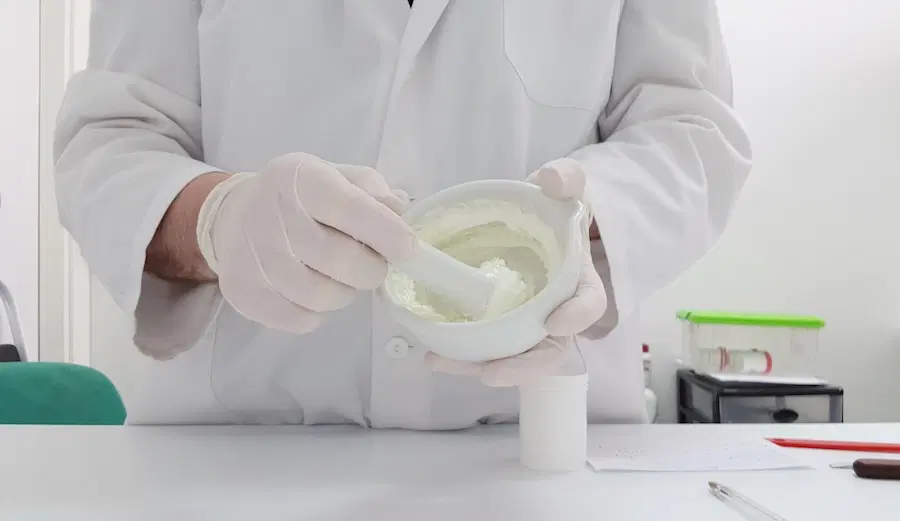Compounding pharmacies play a crucial role in healthcare by creating customized medications tailored to individual patient needs. These pharmacies operate under a complex regulatory environment involving both federal and state oversight to ensure patient safety and medication efficacy.
Federal Oversight:
At the federal level, the U.S. Food and Drug Administration (FDA) oversees compounding practices through two main categories defined in the Federal Food, Drug, and Cosmetic Act:
- Section 503A Pharmacies: These are traditional compounding pharmacies that prepare medications based on individual prescriptions. They are primarily regulated by state boards of pharmacy but must adhere to certain federal standards.
- Section 503B Outsourcing Facilities: These facilities can produce larger quantities of compounded medications without individual prescriptions. They are required to register with the FDA and comply with Current Good Manufacturing Practice (CGMP) standards.
State-Level Regulation:
State boards of pharmacy are the primary regulators of compounding pharmacies, especially those operating under Section 503A. For instance, the North Carolina Board of Pharmacy enforces rules that align with federal laws and United States Pharmacopeia (USP) standards, such as USP <795> for non-sterile compounding and USP <797> for sterile compounding. North Carolina Board of Pharmacy
Role of the Alliance for Pharmacy Compounding (APC):
The APC is a professional organization that advocates for compounding pharmacists and technicians. They provide resources, education, and support to ensure compounding practices meet regulatory standards and address patient needs effectively. The APC also engages with regulatory bodies to represent the interests of compounding professionals.
Compounding pharmacies operate within a dual regulatory framework involving both federal and state oversight. Understanding this environment is essential for healthcare providers and patients to ensure the safe and effective use of compounded medications.
For more detailed information, you can visit the FDA’s Compounding and the FDA: Questions and Answers and the Alliance for Pharmacy Compounding.
Sources:
FDA Resources:
https://www.fda.gov/drugs/human-drug-compounding/compounding-and-fda-questions-and-answers
https://www.fda.gov/drugs/human-drug-compounding/compounding-and-fda-questions-and-answers
https://www.fda.gov/drugs/human-drug-compounding/compounding-inspections-and-oversight-frequently-asked-questions
https://www.fda.gov/drugs/human-drug-compounding/compounding-information-states
Alliance for Pharmacy Compounding (APC): https://a4pc.org/
National Association of Boards of Pharmacy (NABP): https://nabp.pharmacy/programs/accreditations/compounding-pharmacy/
North Carolina Board of Pharmacy – General Pharmacy FAQs: https://www.ncbop.org/faqs/general-pharmacy-faqs.html






